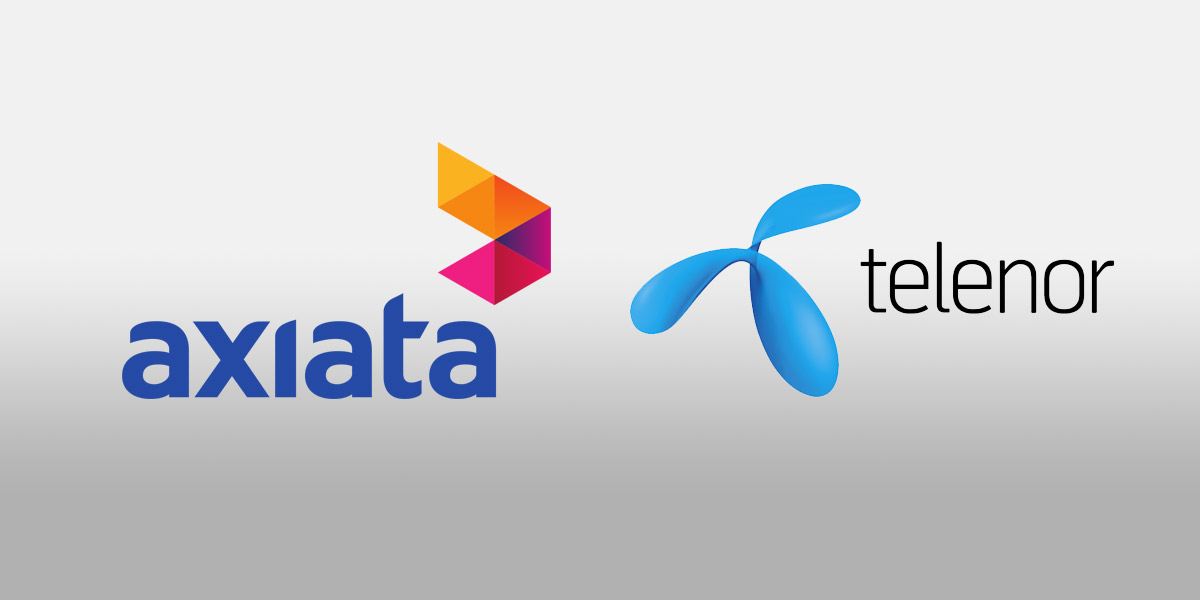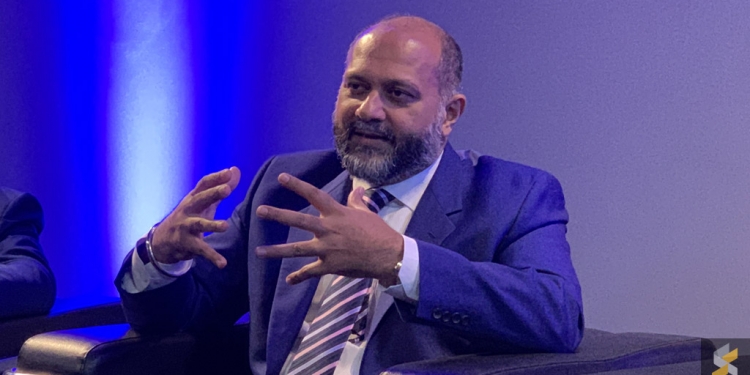Earlier this week, Axiata Group Berhad and Telenor Group had announced that they are in talks to merge their Asian operations. This will establish a new global player with Telenor becoming a majority shareholder with 56.5% ownership while Axiata owns 43.5%.
During Pakatan Harapan government’s first anniversary event, Gobind Singh Deo, the Minister of Communications and Multimedia, has said that the government will be issuing a statement on the merger today.
According to The Edge Markets, he told reporters at the event that whether it is a positive or negative response, it depends on the perspective of the person reading it. He was asked if Axiata or Telenor had approached the ministry about the merger and he said that he was aware of the deals but he’s getting all the facts first before issuing a statement.
Interestingly, he said that he wasn’t sure if the MCMC is aware but he said that he was briefed on the matter. He added that hopefully, he will come out with an official statement today.

The merger between Axiata and Telenor will create a new entity which will have a proforma revenue of more than RM50 billion and EBITDA of more than RM20 billion. This will cover operating subsidiaries in nine countries with a combined population of more than 1 billion people and 300 million customers.
At the moment, Axiata operates Celcom in Malaysia, Dialog in Sri Lanka, Ncell in Nepal, XL Axiata in Indonesia, Smart in Cambodia and Robi in Bangladesh. Meanwhile, Telenor has a presence in Malaysia with Digi and in Thailand with dtac. In addition, the Norwegian group is also operating in Pakistan, Myanmar and Bangladesh.
For Malaysia, it was announced that Celcom Axiata Berhad and Digi.com will merge to create Malaysia’s largest mobile operator. It was mentioned that Axiata’s Robi operations in Bangladesh will continue to be managed independently by Axiata after the proposed transaction is completed.
The statement by the Minister is important as we currently do not know what is the Government’s position on the merger. The merger of the two giants has raised several questions that need to be answered. A major concern by consumers is less competition, as this will reduce the number of mobile telcos in the country.
Recently, the Australian Competition and Consumer Commission had blocked a proposed merger by mobile operator Vodafone Australia and fixed broadband TPG citing that it will reduce competition and contestability in the telco sector. In the US, the proposed T-Mobile – Sprint merger has faced delays as the US Justice Department’s Antitrust Division has yet to approve the transaction.
Another important question is on the spectrum. Will Celcom and Digi continue to hold on to their existing spectrum allocation after the merger? Both telcos collectively own more than 200MHz of spectrum which is about double of what other mobile operators are having. We hope to get an answer on that by the end of today.
[ SOURCE ]








